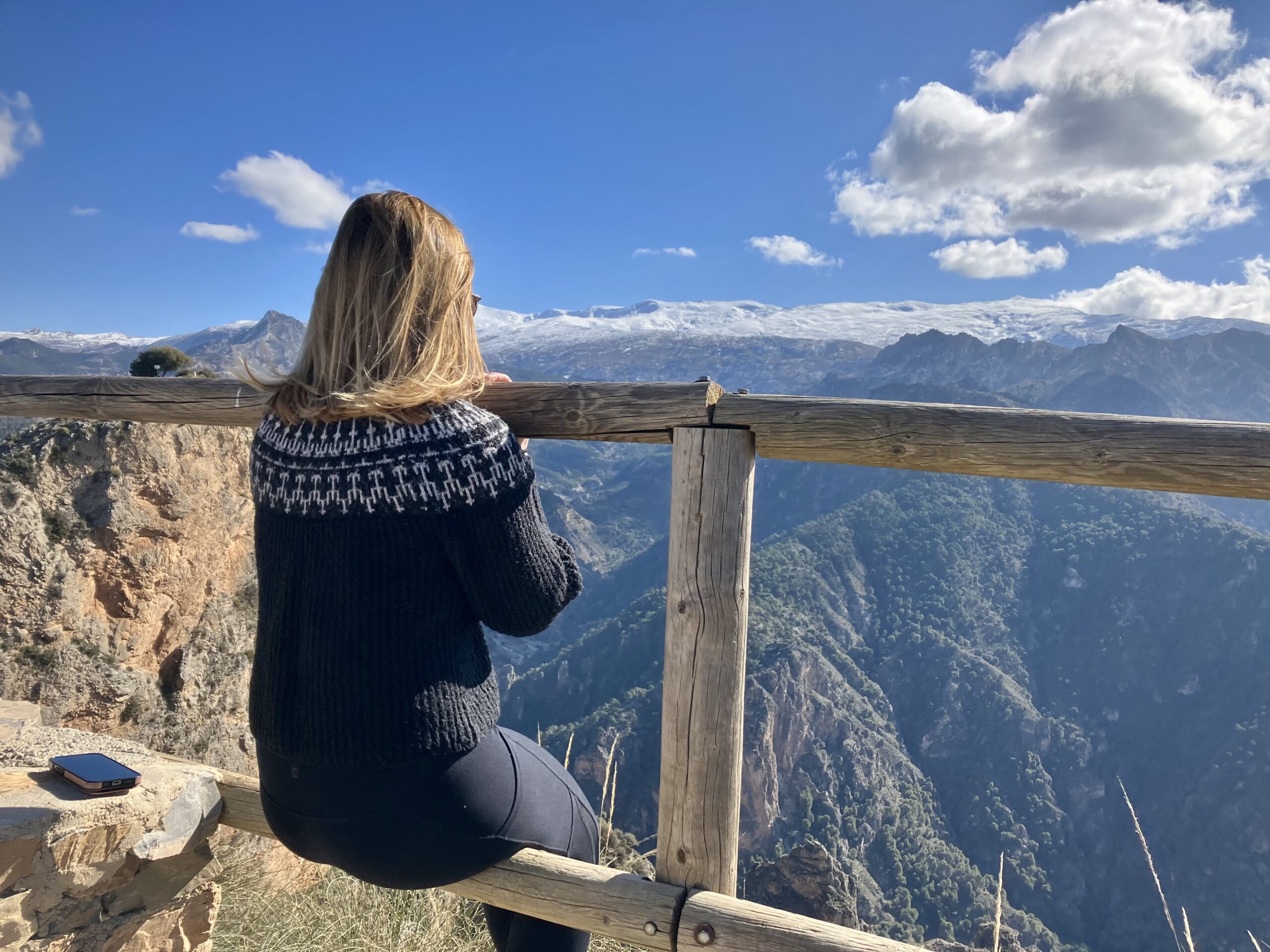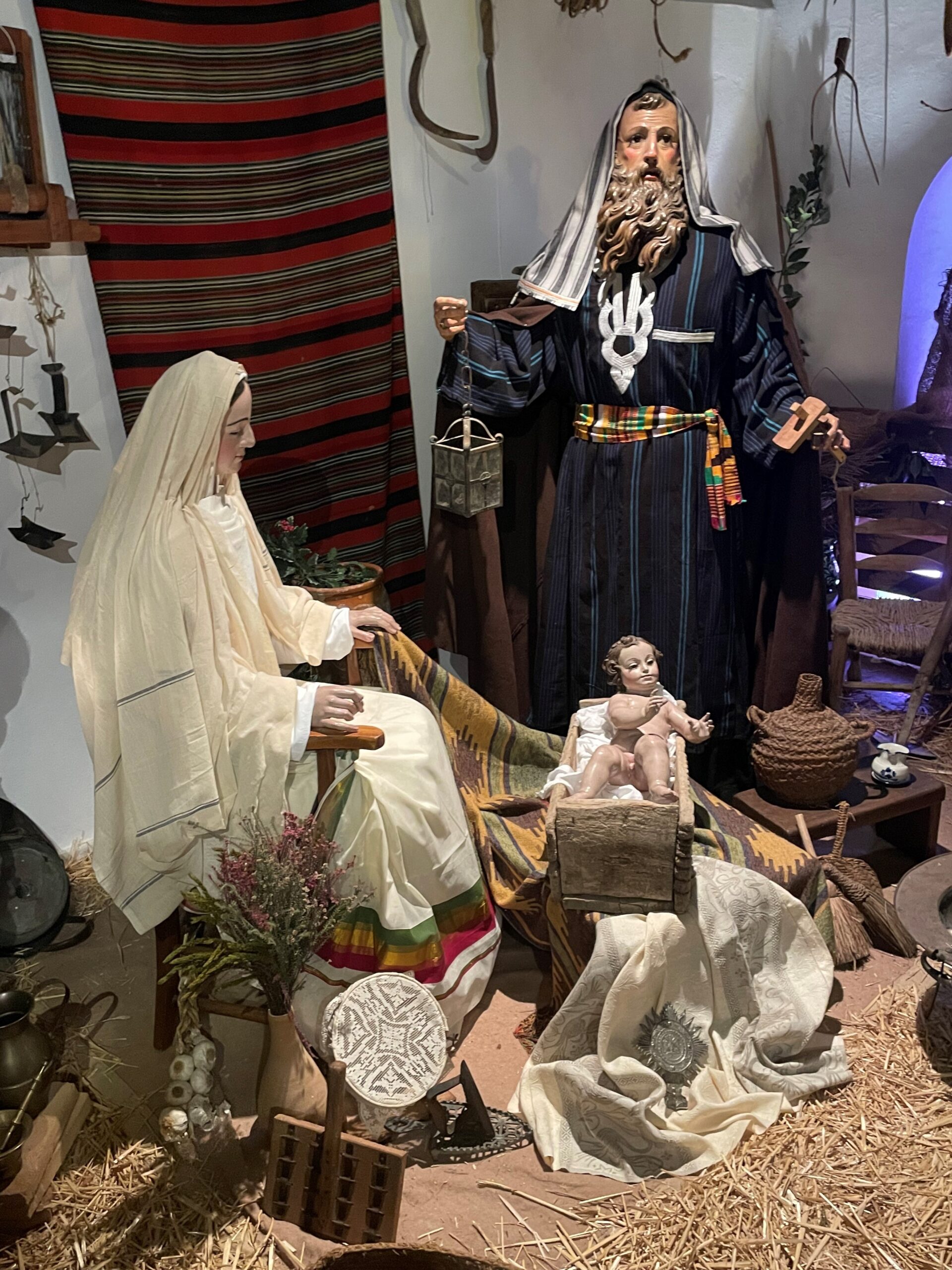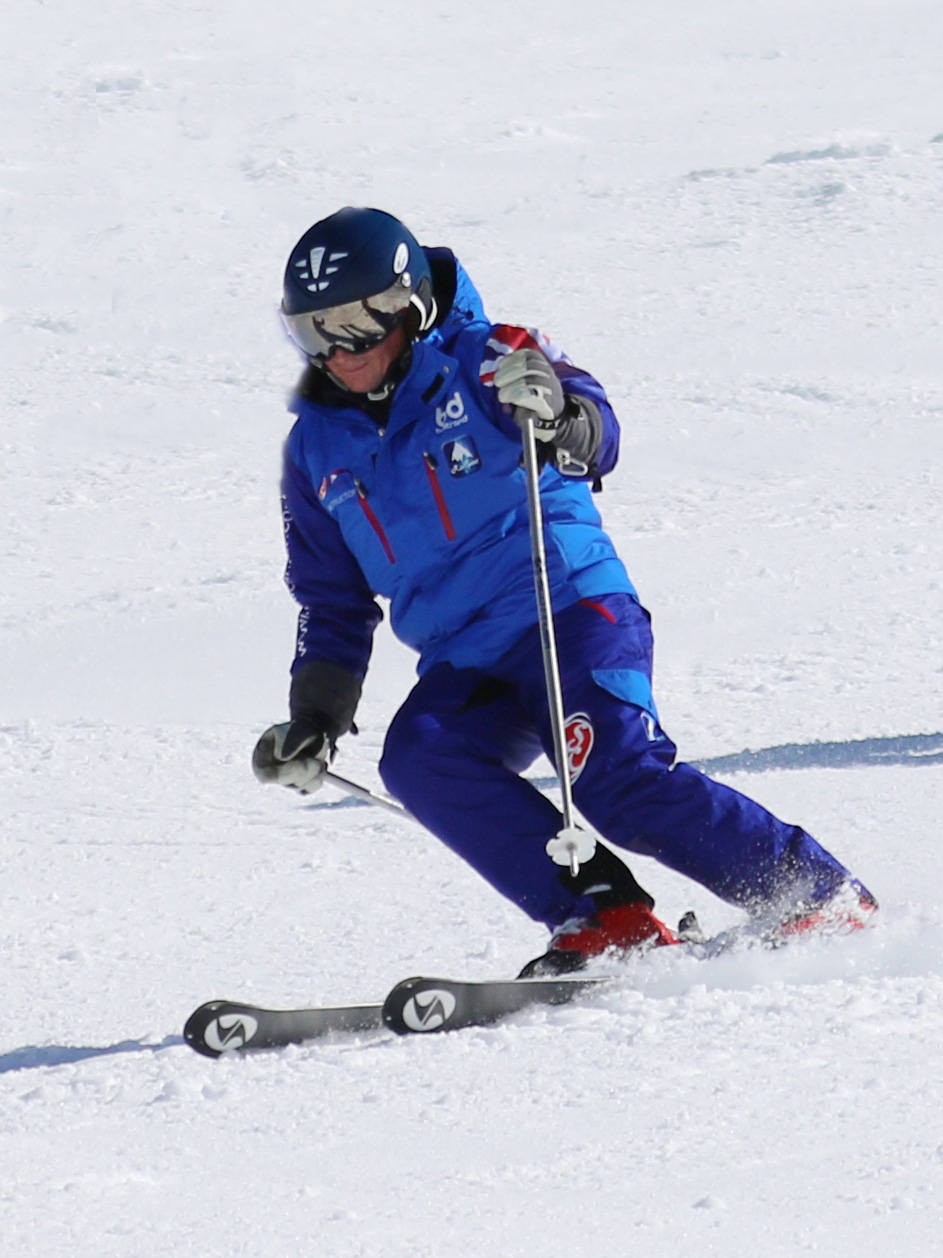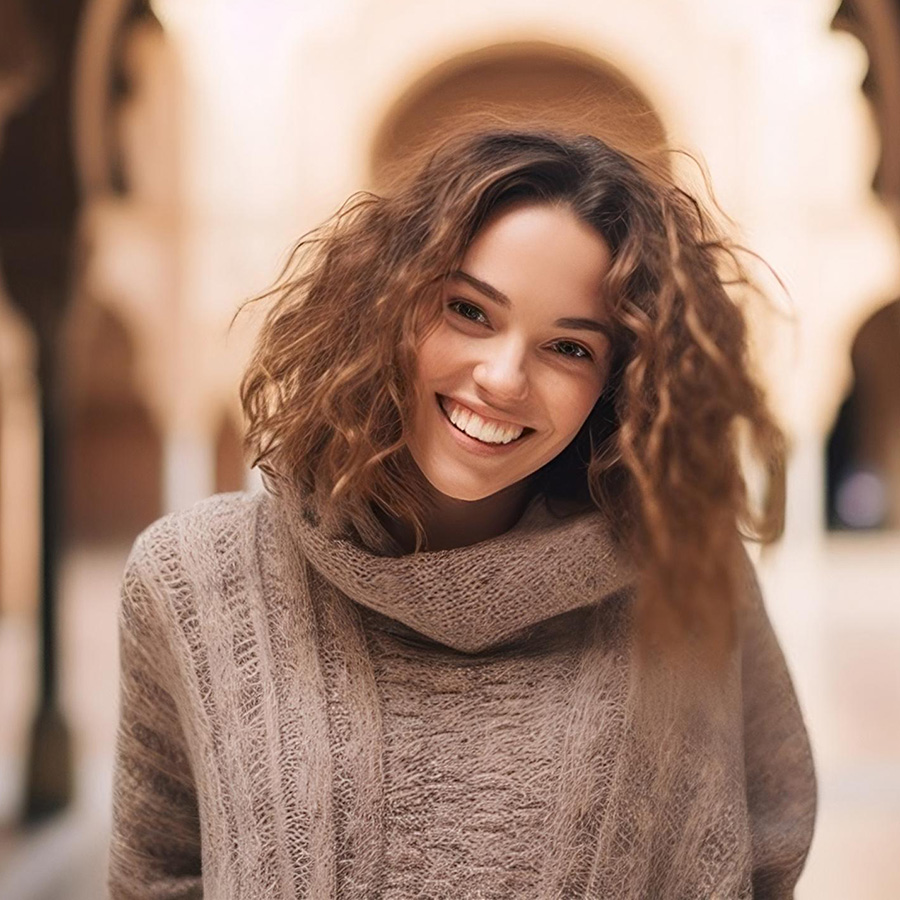Flamenco artist Sara Baras celebrates her dance company’s 25th anniversary with Vuela, a touching tribute to Paco de Lucía. The internationally acclaimed artist gives us a glimpse into her journey and reveals details about her new show, which she will present on June 25th in the Alhambra gardens during Granada’s International Music and Dance Festival.
Sara, you were born in Andalusia. What significance does your hometown of Cádiz play in the development of your artistic career?
My Gaditanian homeland has greatly influenced my personal and artistic growth, not only because Cádiz is truly a “flamenco” city, but also because of its people’s joy and passion for living, its location by the sea and the city’s very special natural light—all factors that define how art expresses vitality.
Your first teacher was your mother, Concha Baras. How did she influence your career and your way of dancing? Were there any other teachers who inspired you?
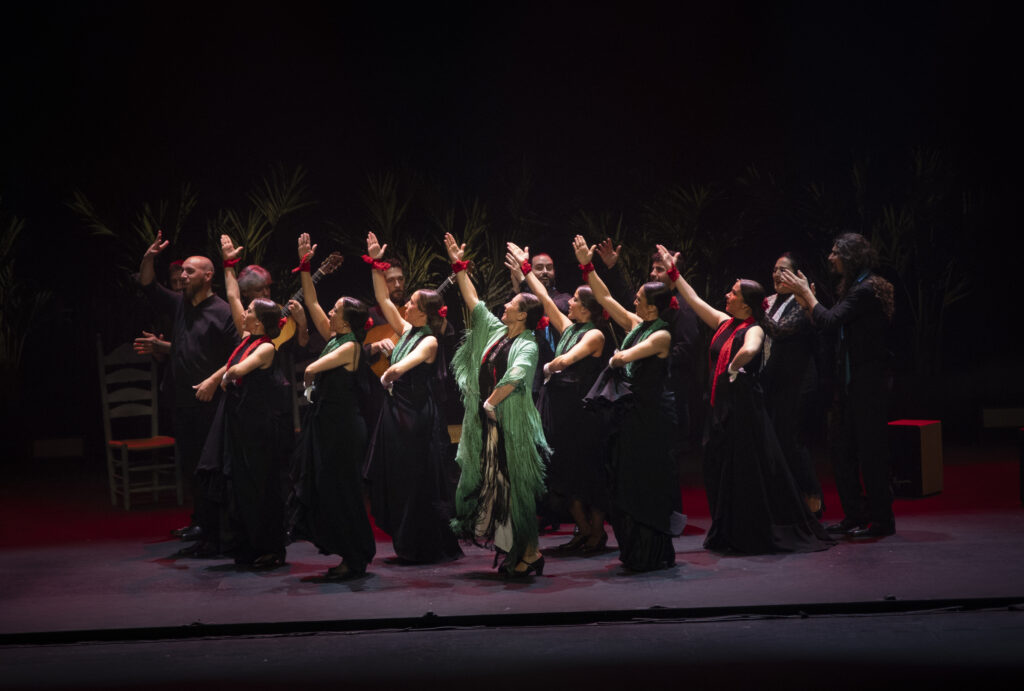
My mother taught flamenco, but not so she could be imitated, as is often the case. She went beyond technique, which is heavily emphasized today, and would sometimes sit down to help each dancer bring out their own personality and style. And I feel that this is the greatest gift she gave me: the ability to express my own art with my own style. Later, I had the opportunity to study with masters like Carmen Amaya, Antonio Gades and Manolete. Each one has contributed something very important to me on a personal level, to my career, and the development of my own style.
What is your relationship with Granada? I imagine it’s a city you know very well, as you also studied with the great Granadian master Manolete, who passed away two years ago. What memories do you have of him?
Granada has a lot of duende, or mystical passion, and a particular magic that enchants. I have danced in Granada many times, and it is a great pleasure to return this year for the Festival. I owe a lot to Manolete, not only for his classes but for the person he was. He did so much for flamenco and for Granada, through his work as a dancer and with the creation of the Manolete International Flamenco School at the foot of the Alhambra. Interestingly enough, I didn’t meet him in Granada, but in Madrid, at the Amor de Dios School, and we became friends in Tokyo. Besides being a great master, he was like a father to me: from him, I learned to take advantage of opportunities abroad, to look at other cultures with curiosity and respect, and to take something special from each country to enrich my style and broaden my understanding of art.
Why do you think your work is so appreciated worldwide?
Flamenco is a dance that prioritizes emotion over technique and this has allowed me to add a lot of personality to my work, to make it different, and those are two very important factors that are part of the universal language of art. On stage, I always express my feelings, always try to tell a story, and this cannot be done solely with technique. It’s the ability to feel and share these feelings with the whole troupe, which allows us to move towards the same goal. The admiration we have for one another is the strength of our team, and this is shared with our audiences who, in turn, are able to partake in the story we tell through dance and share those same feelings we transmit.
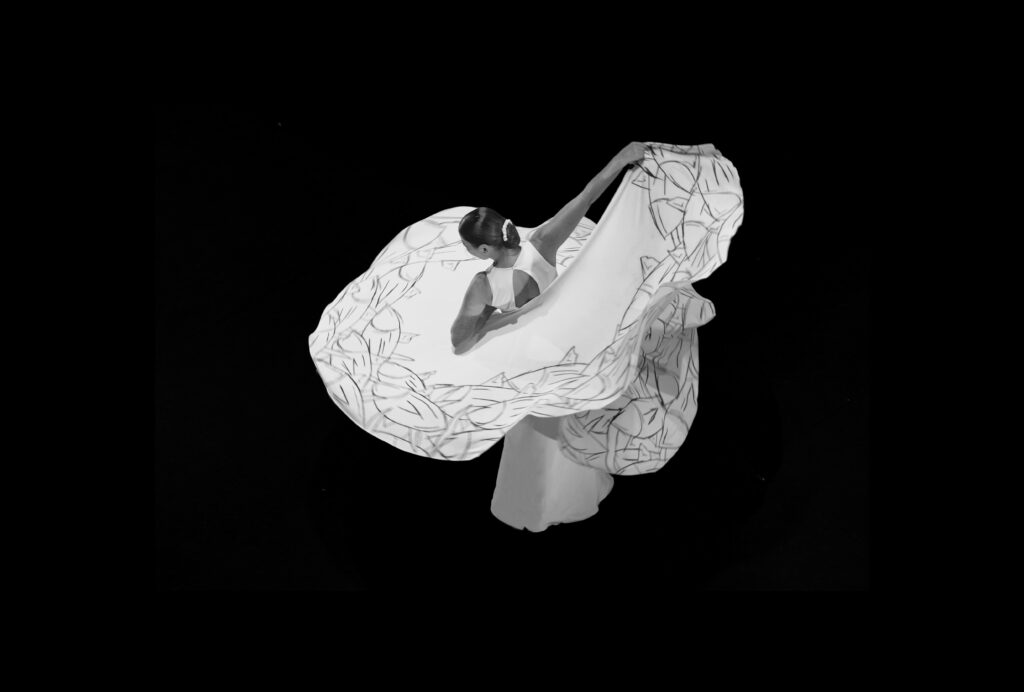
What have you learned from all your travels abroad?
During my artistic career, I have traveled to many countries. I am very open to understanding different cultures and different ways of understanding reality and that has led me to integrate new, special and sometimes even exotic nuances to my shows. There are influences from many different places and different ways of living integrated into my dancing and I believe that this makes my shows so universal—even to audiences experiencing flamenco for the very first time.
At the upcoming International Festival of Music and Dance in Granada, you are going to present Vuela, which is a tribute to Paco de Lucía. What is your relationship with this master guitarist, and how did this show come about?
Vuela was created to celebrate 25 years of my dance company. My team and I decided that after so many years, we should feel free to choose what we really wanted to do. So reaching into our hearts, we decided to celebrate with a tribute to the genius flamenco guitarist, Paco de Lucía, and at the same time commemorate the tenth anniversary of his death. I was fortunate to share the stage with him on several occasions, and I consider him a true genius, as well as a master of life. Words alone are not enough to explain the affection, respect, and immense gratitude I have for him as an artist and as a person, so I decided to express these feelings with an entire show that also represents a very important moment in my career.
Vuela is divided into four acts, each characterized by a word: wood, sea, death and flying. What do these words represent?
Wood represents the ground, what holds us to the earth, and refers to the roots and respect for tradition. Hence comes the cajón, a wooden instrument that Paco introduced into flamenco for the first time, combining tradition and innovation. The Sea represents the earth’s madness, that place of passions and instincts that every human being carries inside and that makes us feel alive with its movements. Also, Paco, like me, carried the sea inside him, as can be felt in many of his compositions. Death means accepting that our loved ones are gone, as Paco left us, and as did my father, two years ago. Acceptance doesn’t just mean suffering, but remembering with a smile and with gratitude, and that’s what I try to do with my art. Flying is an attempt to touch the sky and our loved ones, and we reach that place by sharing our feelings through music and dance.
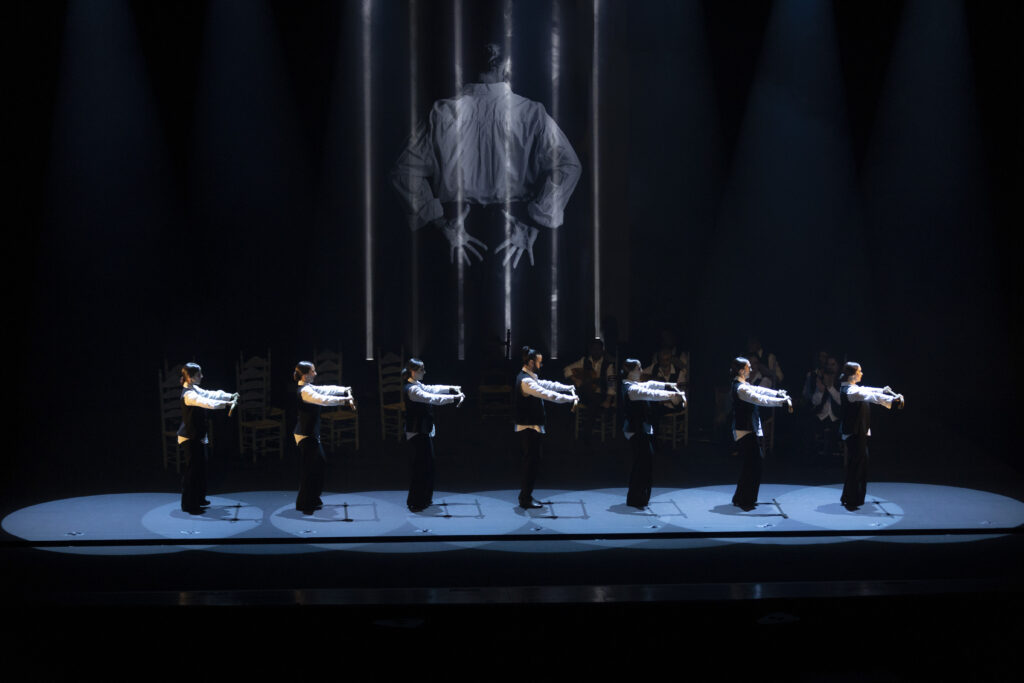
Can you share with us any secrets of Vuela, your upcoming show?
As the show is dedicated to Paco, fans will notice details of his unforgettable compositions, and more generally, the unique and unrepeatable aspects of live music. Also, the backdrop painting is by Fernando Quirós, a great artist specialized in painting tuna fish, and in fact, in part of the show I will be wearing a dress with tunas hand-painted by him. One of Vuela’s characteristics is that it has nothing to do with our previous shows; it is a new interpretation of everything myself and my dancers have learned over these years. It’s a completely new idea that expresses our artistic freedom, with new lights, new choreographies and new costumes. We warmly invite everyone to experience it.

